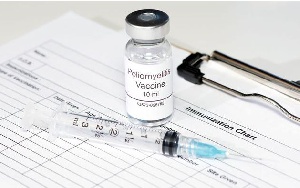Bringing down the price of vaccines is difficult because price negotiations between drug companies and individual countries are confidential.
South Africa spends more on vaccines than any other African country.
Last week Africa's first immunisation conference, convened by the World Health Organisation, opened in Addis Ababa, Ethiopia, to discuss how to bring vaccine prices down.
During the conference, ministers and presidents were urged to rely less on donors for vaccines and to pay for them from their budgets.
Médecins Sans Frontières says that drugs companies should drop the prices of their vaccines and prices should have been on the agenda at the conference.
Helen Rees, head of South Africa's Medicines Control Council, was in Ethiopia and said that countries needed to know what others paid if they were to be able to negotiate effectively. Pharmaceutical companies keep secret the prices each country pays.
Rees said the government was "very tough" in negotiating prices with drug companies.
South Africa was the first African country to finance and make available a new pneumococcal vaccine against meningitis, pneumonia and middle-ear infection.
But paying for the new vaccine inflated the country's vaccine expenditure from an estimated R100-million to R800-million a year.
Maria-Paule Kieny, the World Health Organisation's assistant director-general for innovation, said South Africa paid high prices for vaccines.
She said new manufacturers were expected to start producing vaccines within the next few years, which would lower their prices by about 2019.
Pfizer and Cape Town institute BioVac have just started a public-private partnership that will allow South Africa to manufacture pneumococcal vaccine within five years, which will reduce the cost to taxpayers.
Health News of Monday, 29 February 2016
Source: timeslive.co.za

















